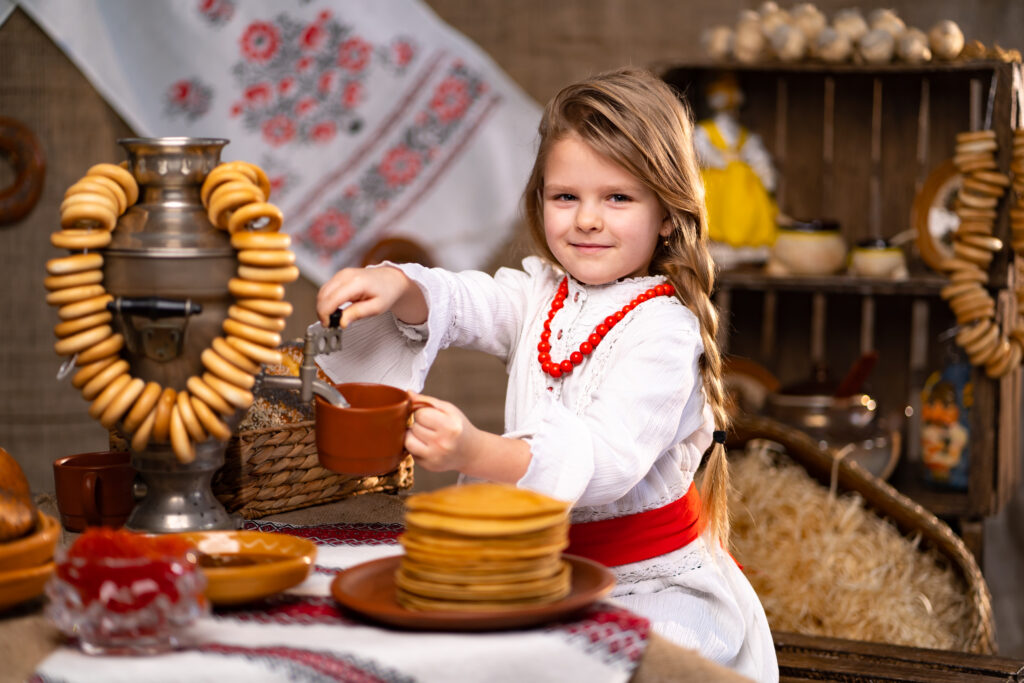"Forgive me!" - "God forgives, and I forgive!" - on the last day of Shrovetide, Orthodox Christians ask their loved ones to forgive them. Where do the roots of this tradition come from, what else can be done on this day? How celebrated Forgiveness Sunday in the Soviet Union, we understand in this article.
History of the origin of Forgiveness Sunday
In 2025, Shrovetide is celebrated from February 24 to March 2. The last day - Sunday - concludes the holiday week.
As is known, Pancake Day traces its origins back to the pagan traditions that developed in Russia before Christianity. But, with the advent of the new religion, the church authorities connected the people's seeing off of winter with the preparation for the Great Lent before Easter. Thus, the last day of Maslenitsa - Sunday - acquired a religious meaning.
Why is Sunday called Forgiveness Sunday? According to early Christian sourcesOn the last day before Lent, Egyptian monks would go to the desert to pray. There they spent the seven weeks before Easter. The journey was dangerous and for many it could be their last. So before parting, they would say goodbye and ask each other for forgiveness, just as they did before leaving each other.
When exactly in Russia Maslenitsa merged with the church week before Lent is not known. There are mentions that in the first years of Peter the Great's reign the church got tired of fighting with the pagan holiday and timed it to the week of Cheesepust. The Orthodox custom of consuming any dairy products, except meat products, a week before Lent already existed since the 6th century.

The features of this day are.
On this day, churches hold services, the theme of which is the entry into Lent and forgiveness of loved ones. It is also a day to remember the Old Testament story of the expulsion from paradise of the first people, Adam and Eve.
Traditionally, on Sunday people went to the bathhouse, visited their loved ones and received guests. As we have already mentioned, the main thing to do was to ask forgiveness from all acquaintances. Also on this day people went to the cemetery to visit their deceased relatives.
In the evening, everyone would gather in the street where the festivities were held to mark the end of the holiday by burning a straw effigy.
Forgiveness Sunday in Soviet times and nowadays
It is interesting that for many years after the revolution, the tradition of celebrating the end of winter was forgotten in the Soviet Union. And only in 1958, on the wave of revived interest in folk culture, they decided to bring back this holiday. It seems that for 40 years of neglect, Russian customs should have been lost. Despite this, the traditional favorite holiday returned with the same set of symbols: Russian pancakes, treats, folk festivities and street games.
The new Soviet holiday was called "seeing off the Russian winter" and was celebrated one day at the end of February. As a rule, it coincided with Forgiveness Sunday. In the 90s, after the collapse of the USSR, the tradition of celebrating a wide Maslenitsa, i.e. the whole week, began to revive. And with the return of interest in the Orthodox Church, the dates of Shrovetide were tied to Lent. As you know, the dates of Easter and Lent change every year, so "when is this year's Maslenitsa" is a frequent question on the Internet.
Nowadays, the attitude to Pancake Day and Easter Sunday is like something originally Russian, folk. That is why it is native and family. In many Russian families, far from the church, on Forgiveness Sunday relatives gather around the table, drinking tea with pancakes. If it is not possible to gather, they call or write messages in messengers. They apologize to each other. This is how religious customs are maintained with the help of modern technology.
Our school provides Russian language lessons for children living abroad from 4 to 14 years old. We strive to maintain cultural values and preserve Russian traditions in our descendants. After all, without knowledge and respect for their roots, a nation has no future.







